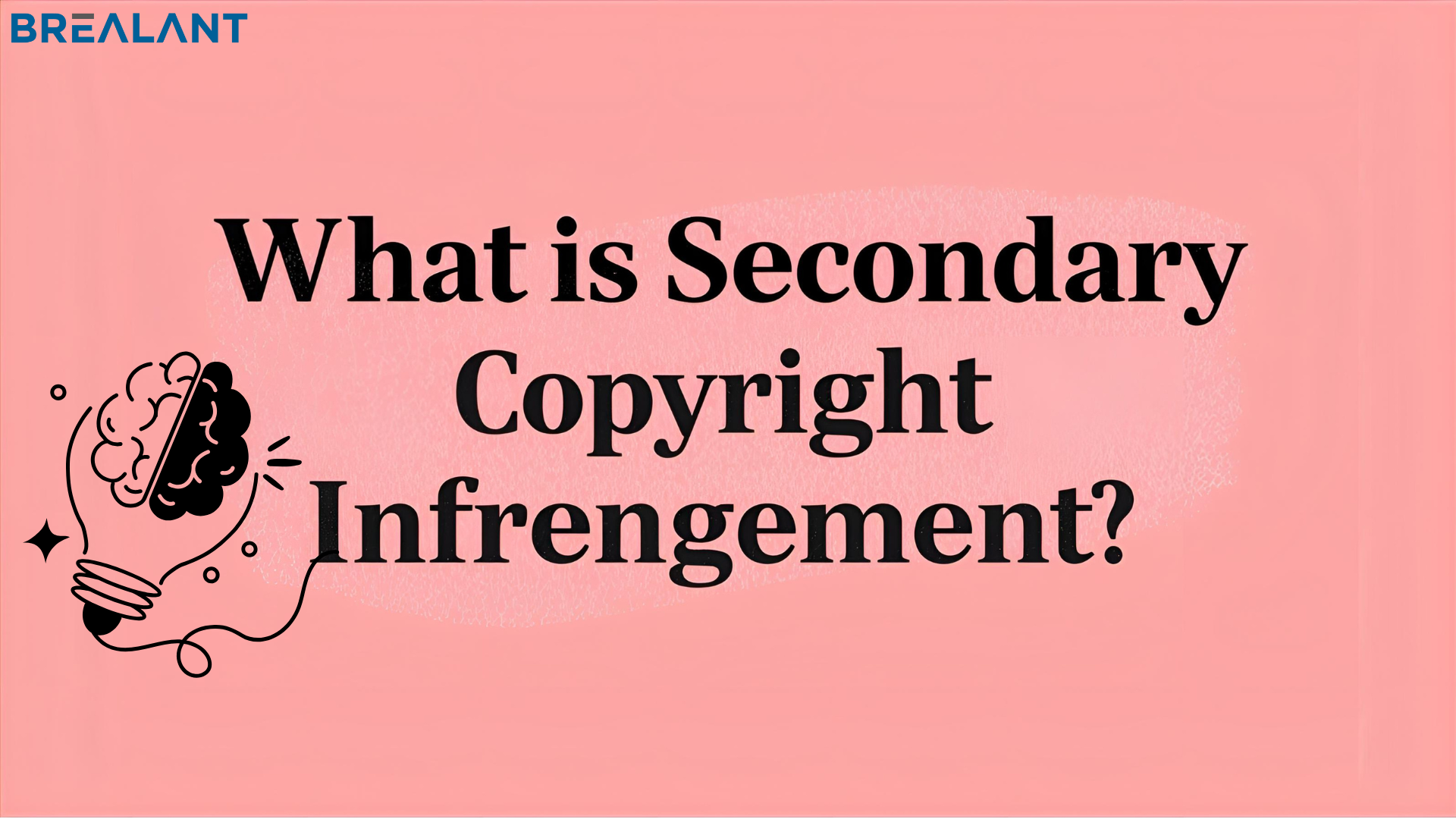When we think of copyright infringement, the first image that comes to mind is usually someone directly copying or pirating a work—like photocopying a textbook, downloading a movie illegally, or selling bootleg CDs.
But here’s the catch: you don’t have to be the one making the illegal copy to get into trouble. In the Philippines, you can still be held liable if you help, encourage, or profit from someone else’s infringement. This is called secondary copyright infringement.
So, What Exactly Is It?
Secondary infringement is when a person or business isn’t the original pirate, but they make piracy possible or profitable.
Think of it like this:
- The direct infringer is the one who does the actual copying.
- The secondary infringer is the one who sells, rents, distributes, or benefits from those illegal copies.
For example:
- A shop selling pirated DVDs.
- A photocopying center that reproduces entire books.
- A website that lets users share pirated music or movies.
Even if they didn’t press “copy,” they’re still in hot water because they helped spread or earn money from it.
How the Law Sees It in the Philippines
To be considered liable, usually three things come into play:
- The work is protected – In the Philippines, copyright exists automatically once a work is created. Registration with IPOPHL or the National Library isn’t required, but it helps a lot in enforcement.
- Knowledge – If it’s obvious the material is pirated, you can’t claim ignorance. Selling a photocopied book or a DVD with a blurry cover is a giveaway.
- Contribution – If you distribute, sell, rent out, or in any way help the infringement along, you’re considered part of the act.
Real-Life Examples
- The Video Rental Case
In Columbia Pictures v. Court of Appeals (1996), a video shop was held liable for renting out pirated films. They didn’t make the copies, but since they knowingly rented them, the Supreme Court said they were responsible. - The Business Case
In Pearl & Dean v. Shoemart (2003), the Court emphasized that companies can’t make money from pirated material and then claim they aren’t at fault. Profiting from infringement is enough to be liable. - A Modern Example
Imagine a university photocopy center that sells full textbooks. If the school ignores it—or worse, takes a cut—they could both face consequences.
What Can Happen If You’re Liable?
The penalties are serious:
- Civil cases – The copyright owner can sue you for damages.
- Criminal cases – If it’s done for profit, it can lead to fines or even jail time.
- Administrative cases – The copyright owner can also file a complaint with IPOPHL’s Bureau of Legal Affairs, which is often quicker than going to court.
Why This Matters
The law is clear: it’s not just the pirates who get punished. If you allow, ignore, or profit from piracy, you’re part of the problem.
For businesses, schools, and even online platforms, the safest move is to play it straight—check your licenses, stay away from pirated materials, and don’t ignore warning signs.
At the end of the day, secondary infringement is about accountability. You might not be the one making the copies, but if you benefit from them, the law can still catch up to you.

